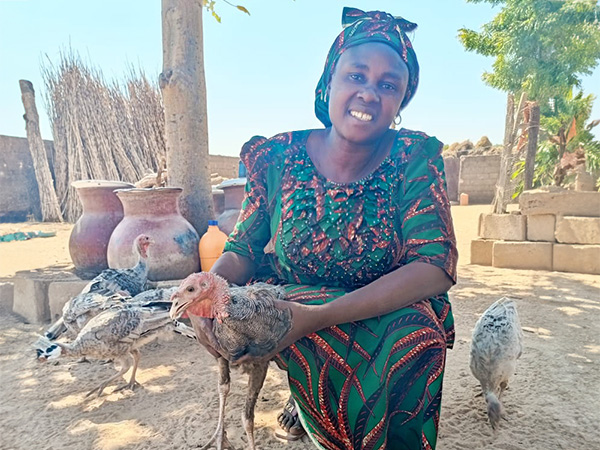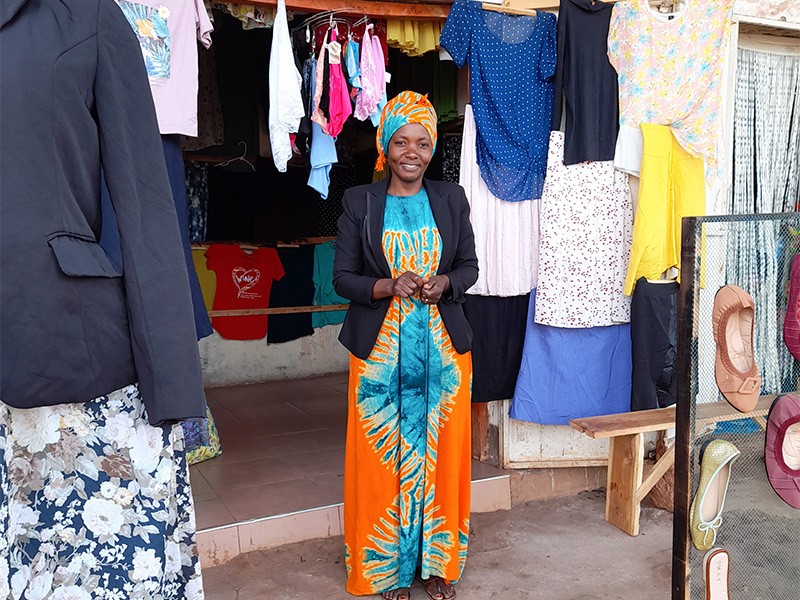CAM’s goal for the SALT program is to help people properly steward the resources God places in their care—to save for future needs, to provide for their families, and to give to those in need. Whether someone has much or little, all cultures face stewardship decisions. No matter where we find ourselves, whether in the slums of a third world country or in affluent America, God desires that His people use their resources to provide for their own, bless others, and enlarge His kingdom.
Have you ever taken a few minutes to sit quietly and think about saving money? Perhaps you were fortunate enough to have parents or family who taught you the disciplines and value of setting some money aside for the future. If so that is a blessing to praise God for. But the Bible indicates that every culture without a vision for the future is doomed to face a present struggle and will encounter certain destruction (see Proverbs 29:18).
Many people make the mistake of thinking that a bigger source of income will be the answer for them, only to discover that more earnings do not always mean more financial stability. It could just mean that more money is available to be wasted on unnecessary things. People with a bigger income are often surprised to see someone who makes half of their salary with more financial buoyancy and security. Proverbs 21:20 says “There is treasure to be desired and oil in the dwelling of the wise; but a foolish man spendeth it up.” Certainly our goal as Christians is not to accumulate “treasure.” But there is a truth stated here about planning and saving that we should not ignore. In third world or developing countries it is difficult to extract money to save from the little available to sustain the family. It is even more difficult to have a safe place to keep it for the future. However, with direction and structure it can be done. We attempt to provide that direction and structure through various SALT programs.
So what should we conclude? Many of us have good stable jobs with a steady paycheck and it is easy to think it will always be that way. Sickness, disability, loss of jobs, or economic change show us the falsehood of that way of thinking. It is wise to cultivate the discipline and practice of saving money against the future, but faith does not need piles of wealth. In fact, Jesus gives strong warnings against it. However, the Bible is very clear about the advantages of self-discipline and self-denial and that should translate into solid decisions about the use of money.
One last thought: Did you know that giving and saving are very similar? Small amounts given or saved regularly over time both turn into a bigger resource. Jesus taught us in Matthew 6:19-21 that the best way to save for eternity is to commit our resources into a heavenly bank account. A bank account, although presently necessary, could lead us to destruction by greed and selfishness if not balanced by a commitment to eternity. Jesus’ counsel is to commit our resources into something eternally safe as we invest God-given resources into His work. So when considering how to use finances, it is important to follow God’s truth by applying self-discipline and a vision for the future. May the Lord guide each of us.
–Trent Eikenberry, director of SALT in Nigeria






